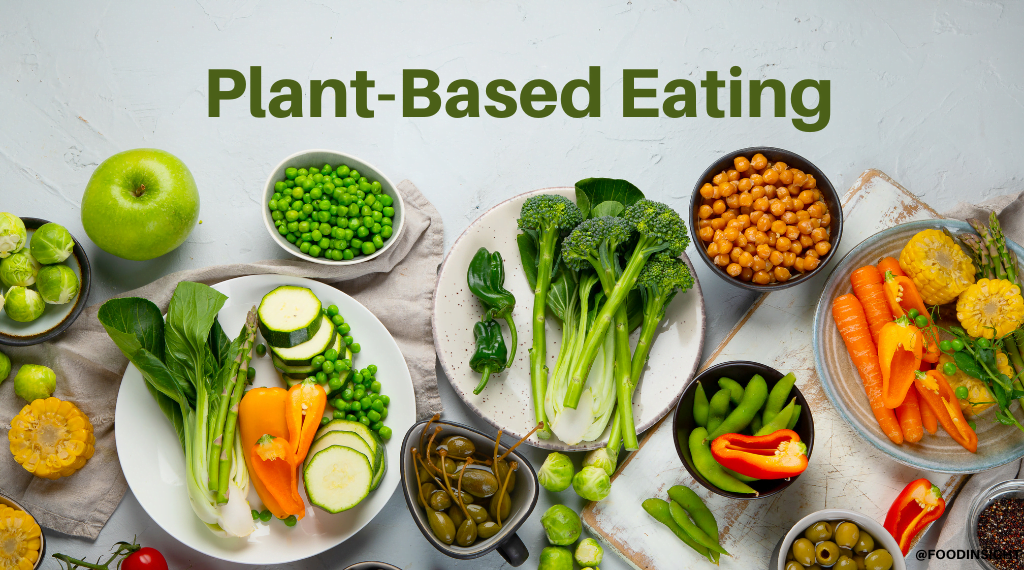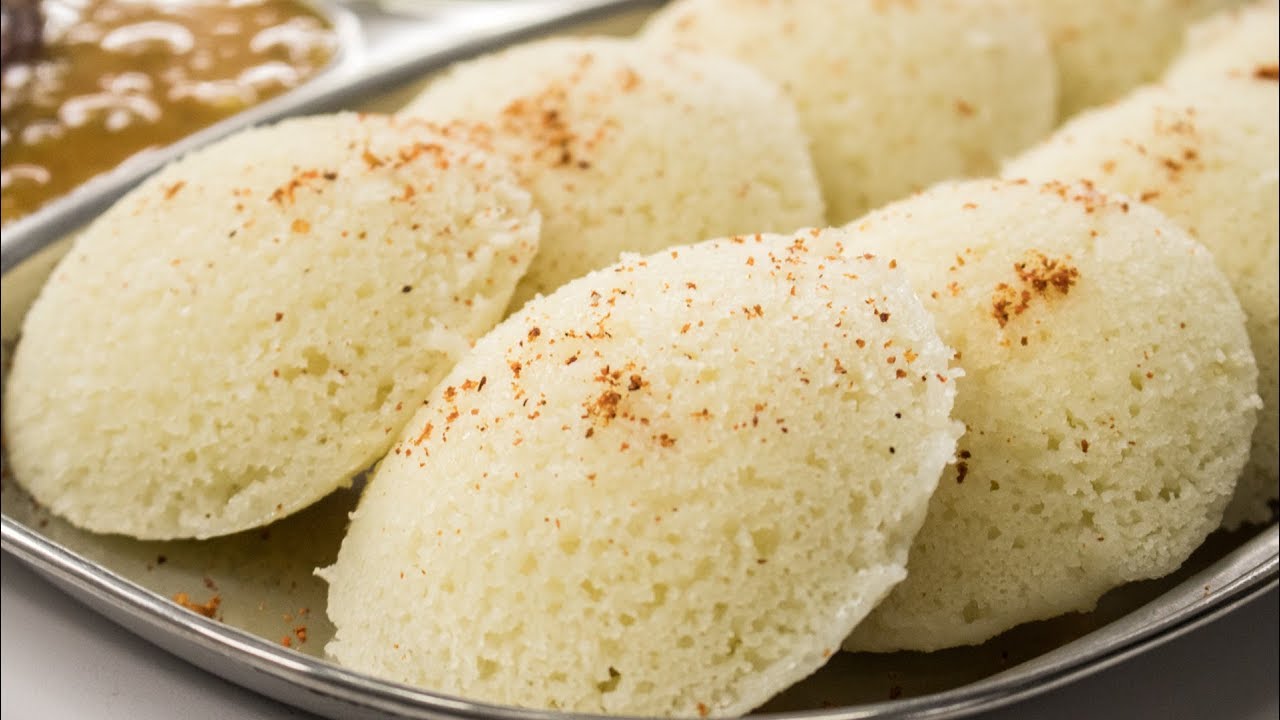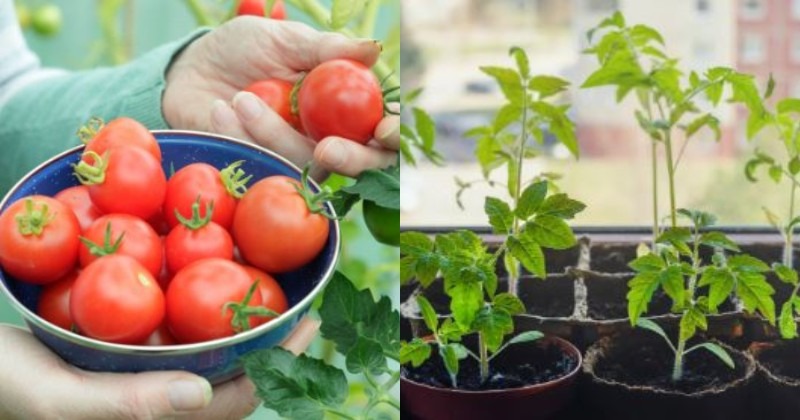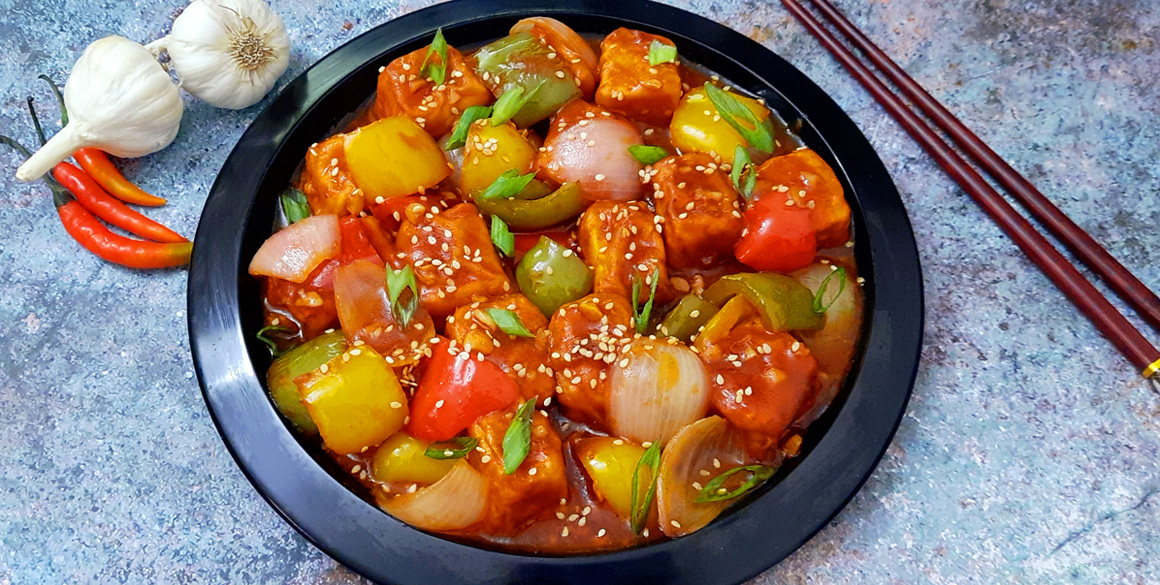Plant-based eating is more than just a food trend. It is backed by science and supported by research worldwide. Many studies show that eating more plants and fewer animal products can improve overall health, prevent lifestyle diseases, and even support the environment. In India, where plant-based meals are already common, this way of eating can be easily adapted for better nutrition and long-term wellness.
What Is Plant-Based Eating?

Plant-based eating means focusing on foods that come mainly from plants. These include vegetables, fruits, grains, legumes, nuts, and seeds. Unlike veganism, which avoids all animal products, plant-based diets may still include small amounts of dairy or animal foods, but the majority of the meals are plant-focused.
The main idea is to eat whole, natural, and less processed foods that are full of nutrients. This makes it a sustainable and healthy choice for daily living.
The Science Behind Plant-Based Eating
1. Nutrient-Rich Foods
Plant-based diets are rich in vitamins, minerals, antioxidants, and fibre. These nutrients are essential for energy, immunity, and overall health. Foods like spinach, carrots, beans, and fruits provide natural nutrients that the body absorbs better than supplements.
2. Gut Health and Fibre
Plants are the best source of dietary fibre. Fibre improves digestion, controls blood sugar, and supports good gut bacteria. A healthy gut is linked to stronger immunity and better mental health.
3. Heart Health
Research shows that plant-based diets lower cholesterol and blood pressure. This reduces the risk of heart disease and stroke. Whole grains, legumes, and seeds provide plant proteins that are good for the heart.
4. Diabetes Management
Eating more whole grains and legumes improves insulin sensitivity. It helps maintain stable blood sugar levels. Many studies show that plant-based eating reduces the risk of type 2 diabetes.
5. Weight Control
Plant foods are lower in calories but higher in fibre, which keeps you full for longer. This helps in managing weight naturally without strict dieting.
6. Cancer Prevention
Fruits and vegetables are rich in antioxidants like vitamin C, beta-carotene, and flavonoids. These protect cells from damage and may lower the risk of certain cancers.
7. Better Energy Levels
Plant-based diets provide complex carbohydrates that release energy slowly. This keeps you active throughout the day without sudden sugar crashes.
Also Read Whole-Food Plant-Based Diet: A Complete Beginner’s Guide for Healthy Living
Plant-Based Eating and Indian Lifestyle

In India, many traditional foods already match the idea of plant-based eating. Dals, sabzis, millets, chapatis, and chutneys are naturally plant-rich. Seasonal fruits and vegetables are easily available and affordable. By making simple changes like reducing fried snacks, refined sugar, and excess ghee, Indian meals can easily become healthier and more plant-focused.
Foods to Include in a Plant-Based Diet
- Vegetables: spinach, methi, lauki, bhindi, brinjal.
- Fruits: bananas, mangoes, papayas, guavas, apples.
- Whole grains: brown rice, millets, oats, whole wheat.
- Legumes: moong dal, masoor dal, rajma, chole.
- Nuts and seeds: almonds, walnuts, chia seeds, flaxseeds.
- Spices and herbs: turmeric, ginger, garlic, coriander, curry leaves.
Foods to Limit or Avoid
- Refined sugar and sweets made from it.
- White bread, maida, and bakery products.
- Packaged snacks like chips and fried namkeen.
- Soft drinks and processed juices.
- Excess oil, butter, and ghee.
Simple Tips to Start Plant-Based Eating in India
- Replace white rice with brown rice or millet.
- Use jaggery instead of refined sugar.
- Add more seasonal vegetables to daily meals.
- Choose homemade snacks like roasted chana or sprouts instead of chips.
- Drink more water and coconut water instead of sugary drinks.
- Cook with less oil while using traditional spices for taste.
Sample One-Day Plant-Based Meal Plan
- Breakfast: Vegetable upma with chutney + fruit.
- Mid-Morning Snack: Coconut water with soaked almonds.
- Lunch: Millet khichdi with dal, sabzi, and salad.
- Evening Snack: Sprout chaat with lemon.
- Dinner: Multigrain roti, mixed vegetable curry, cucumber raita (plant-based curd).
FAQs on Plant-Based Eating
Q1. Is plant-based eating the same as being vegetarian?
Not exactly. While both focus on plants, plant-based eating emphasizes whole and less processed foods. Some people may include small amounts of dairy or animal products.
Q2. Can I get enough protein from a plant-based diet?
Yes. Indian foods like lentils, chole, rajma, soy, and nuts are rich in protein.
Q3. Is it expensive to follow a plant-based diet?
No. Local grains, pulses, and vegetables are affordable. Eating seasonal foods makes it cost-effective.
Q4. Can children follow this diet?
Yes, but ensure they get enough protein and healthy fats from nuts, seeds, dals, and whole grains.
Q5. Will I feel weak without animal foods?
No. A balanced plant-based diet provides all necessary nutrients. Vitamin B12 may need supplementation if dairy or fortified foods are not included.
Final Thoughts
The science behind plant-based eating is clear. It improves health, prevents major diseases, and provides energy for daily life. In India, where many meals are already plant-rich, small adjustments can make a big difference. By choosing whole grains, fresh vegetables, legumes, and fruits, you can enjoy tasty meals while supporting long-term wellness.
Plant-based eating is not just a diet. It is a lifestyle for better health, better energy, and a better future.
Author- AYush










